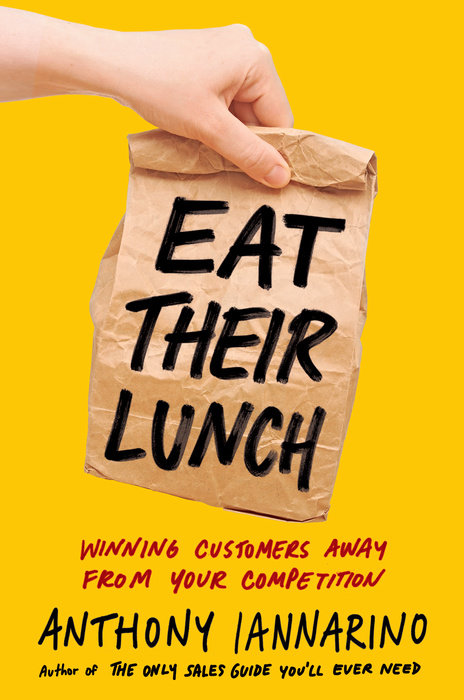Of all the things salespeople worry about, a competitor who competes on price tends to be very high on the list. The less experienced the salesperson, the more likely they are to believe that the lower price is a threat to their ability to compete and win their dream client’s business. There are contacts in many companies who believe it is their responsibility to choose a provider with the lowest price, many of whom have deluded themselves by thinking that all things are equal and that everything and everyone is a commodity. For the most part, your contacts don’t believe and behave as if the lowest price is the best choice, even though they may ask you for a discount.
There is little to be done about the contacts who hire the bottom feeders in your industry. Let your competitors busy themselves with the commodity buyers who won’t appreciate their work or capture a reasonable amount of the value they create.
Here we will focus on the contacts who are not always going to take the lowest price, the ones who see lower prices without believing that is consistently the right decision. You have two strategies, but only one worth mastering, the other being far too easy and harmful over time. You can lower your price or increase the perception of the value you create.Win customers away from your competition. Check out Eat Their Lunch
The Poor Strategy of Trying to Win a Price War
It’s challenging to win a price war against someone whose only strategy is to win by having a lower price, especially when you are calling on a person who only values the lowest price. Much of the time, they win a race to the bottom because their smart, value-creating, consultative salesperson competitor bows out early. Even when you bow out early in the contest, you can damage your cause in the process.
By lowering your price to match or beat your competitor, you revealed that you made some room for a discount when you provided your client with the investment your solution requires. Your prospective client now knows that you gave them a price that was high enough that you could easily discount it. Going two rounds against a bottom feeder can look like you were trying to gouge your client, even if it isn’t true. Also, if you gave your contact the exact investment for the best results possible, by lowering your price, you have now demonstrated that you can—and will—do it for less.
At some point, when your dream client realizes they aren’t getting the results they need, you are on record at a lower price than you initially provided. But there is something worse.
By competing on price, you have helped your client perceive you and your competitor as equals, the very worst possible outcome. As you read these words, you may have felt a slight pain in your chest as you started to recognize the implications of positioning your low-priced competitor as an equal when they are nothing close to you and will never create the value you would.
Increase the Perception of Value
Even if you don’t feel like it’s the right—or easy—thing to do, you are better off increasing the perception of value. What follows is not a criticism of salespeople for not differentiating and justifying the delta, losing because the client recognized no difference. You can do an excellent job and still have a contact seduced by the lowest price or a salesperson who sold them a fabulous story about why their prices are so low in comparison
The likelihood of winning a contest against your lower-priced competitor by playing their game is negligible. Rather than playing a game that you are going to lose, play a game that you have better odds of winning. No matter how late in the game, you can always ask for the opportunity to explain why your solutions require a more significant investment. You can still differentiate what you do differently, why you do it differently, and how it benefits your clients.
By not engaging in a contest over who has the lowest price, you offer evidence that you are not in the same category as your competitor, proof that they don’t create enough value to command a higher price and creating doubt about their ability to execute.
The best way to win a competition on price in B2B sales is to win by creating greater value. Creating a perception of value requires you to understand what value means, and possess a strategy for creating compelling, differentiated value that positions you as someone with the ability to help your client guide their business to a better future state and improved results.
Price versus Value Creation
The strategy around investments is tied directly to a company’s ability to execute. Anyone can lower the requires investment. There is no skill required to concede on price. You eliminate the need to be able to create value by having the lowest price, as it appeals to two groups of people. Price is always attractive to people who believe the lowest price is the greatest value. It’s also a mistake that people who lack experience make because they don’t yet know better and believe all things are equal—until they struggle and meet a consultative salesperson who teaches them how to think about their business and the decision they are making.
FN1 Most of the contacts you run into who believe they should always go with the lowest price and that everything and everyone is a commodity are used to that treatment from their clients or customers. Much of what they learn comes from their experience from being treated that way by their clients.








.jpg?width=768&height=994&name=salescall-planner-ebook-v3-1-cover%20(1).jpg)


